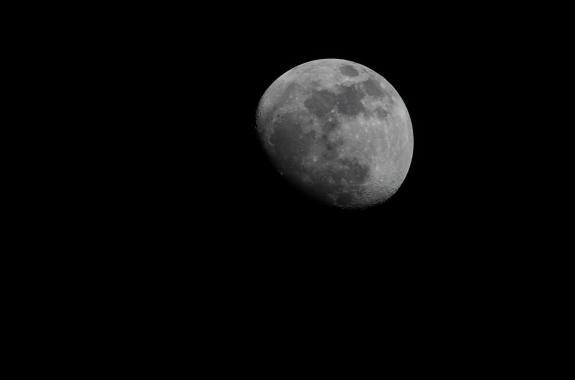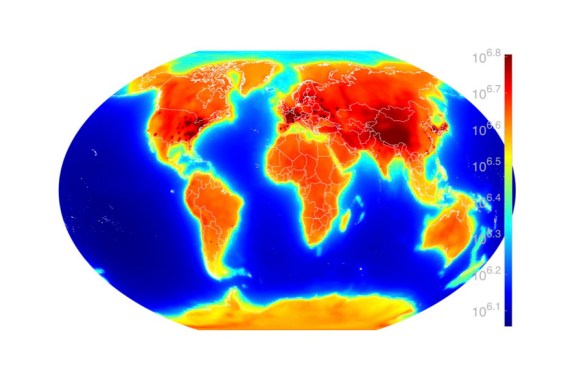Radio
Listen to Science Friday live on Fridays from 2-4 p.m. ET
April 18, 2025
Are traffic engineering decisions based on evidence-based research? Not as much as you might think. Plus, researchers captured the first confirmed video of a colossal squid swimming in its natural habitat. And, with brain-implanted devices, people with paralysis have been able to command computers to “move” virtual objects and speak for them.
11:39
Virus Fishing, Mantis Shrimp Boxing, and Carbon Cutting Bryozoans
Mantis shrimps pack a punch, and bryozoans might be an effective carbon sink in Antarctic waters.
23:28
Is Sneaker Innovation Changing How We Move?
From pouring rubber in a waffle iron to incorporating titanium, sneaker innovation is constantly changing—but how does it affect our performance?
10:00
A Is for Arsenic: The Poisons of Agatha Christie
Over 83 detective books, Agatha Christie killed hundreds of characters using poison, with great scientific accuracy.
12:14
Why ‘Generic’ Doesn’t Mean ‘Cheap’
Two experts on the drug industry talk about price spikes, FDA backlogs, and why some generic meds can cost nearly as much as brand-name pills.
17:15
Will Hydrogen Fuel Cell and Electric Cars Drive Us Into the Future?
The Toyota Mirai—a hydrogen fuel cell car—takes to the road this fall.
16:16
Trash Talk: Uncovering the Waste in U.S. Landfills
American landfills may be crowded with twice as much waste as previously thought, according to a new study.
12:18
Arctic Mosquito Swarms, Our Shrinking Moon, and a ‘Dislike’ Button
Rachel Feltman of “The Washington Post” joins us for a roundup of her top science stories this week.
24:17
A Science Hero, Lost and Found
In “The Invention of Nature,” historian Andrea Wulf restores forgotten explorer and scientist Alexander von Humboldt to his rightful place in science history.
9:33
Keeping an Eye on Our Celestial Companion
Dean Regas, outreach astronomer at the Cincinnati Observatory and co-host of the PBS series “Star Gazers,” shares moon-viewing tips and a dose of lunar lore.
11:59
Mapping Out Neutrino Hotspots Here on Earth
Neutrinos form on our own planet and can be used to probe the deepest parts of the earth.





